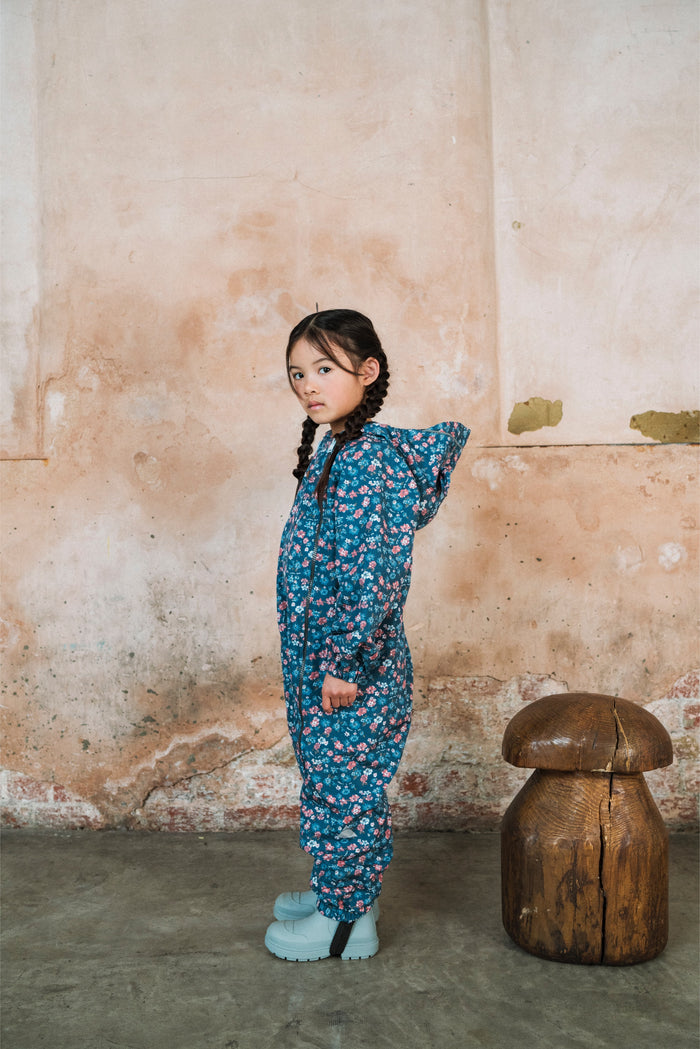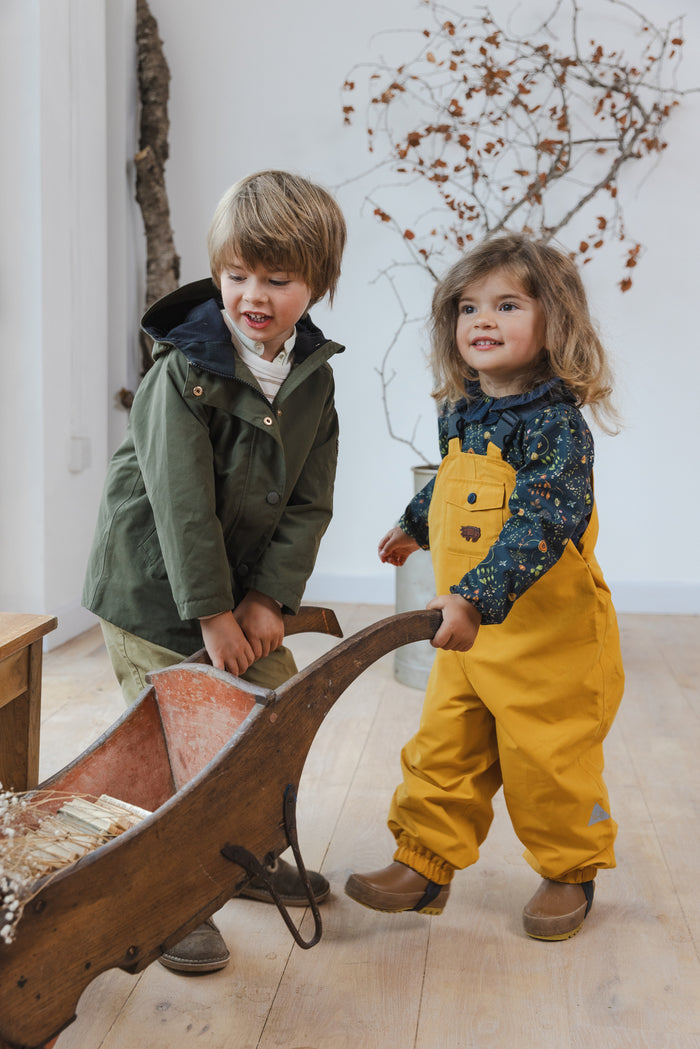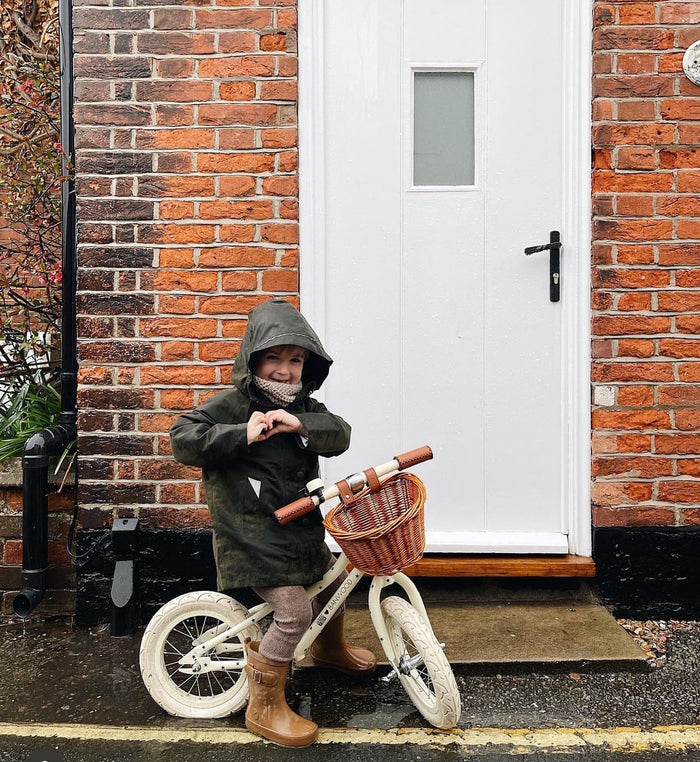"I spy coltsfoot, bursts of sunshine from the disturbed ground. White-tailed bumblebees drink and collect hungrily. Dandelions and their allies in the daisy (or Asteraceae) family are often the first pollinating plants to flower in the Spring, and are incredibly important for biodiversity. I implore everyone I meet to leave a wild patch in their garden for these plants - it doesn't cost much and anybody can do it. As nature is pushed to the fringes of our built-up world, it's the small pockets of wild resistance that can help."
DARA MCANULTY, DIARY OF A YOUNG NATURALIST
Biodiversity is short for “biological diversity.” It is a big word that essentially means the variety the living things making up a particular habitat or part of the world.
Biodiversity means all the living things on Earth.
Biodiversity is the biggest things down to the very tiny things.
Living things work together.
Every living thing depends on another. This is something we seem to overlook as the dominant species on this planet and the very thing we must teach our children.

We are part of nature and we rely upon what it provides to us; food, drink, medicines and materials. We need to protect and encourage life and natural habitat upon which life depends - not only for our own survival, but the survival of our descendants.
It is our responsibility to give back what we have taken away.

Here's how you can help encourage Biodiversity:
* Avoid cutting your grass until late Spring, after the dandelions have flowered but before they set seed, as they are an important food source for all types of pollinators. Avoid pruning any Spring-flowering trees or shrubs and enjoy more nature in your garden.
Attract "good" insects by planting pollen and nectar plants.
And ... grow your own
🌱
We are so thrilled to have stolen a few moments with Ashley from the @allotmentcafe who's allotment that she cultivates with her two little helpers, and the drivers behind, is an absolute inspiration.

How important is having a corner of nature to your children’s well-being?
The last year was incredibly hard on children everywhere, mine included and having that little corner of nature to turn to was a real sanctuary for my girls. I recently read that soil contains a bacteria called Mycobacterium vaccae which gets absorbed through our fingers and palms and triggers a release of serotonin in our brain. So when any of us are flagging a bit, I always recommend a good session of baking mud cakes at the allotment! Serotonin, the happy hormone not only lifts our spirits, but boosts the immune system and promotes a feeling of well-being! I always notice a huge difference in my kids spirits after a good session at our allotment!
How do you encourage biodiversity in your allotment?
We have been working very hard to encourage biodiversity on our allotment by leaving some areas wild, building leaf and log piles as well as planting pollinator friendly flowers like borage and lavender. We have also dotted lots of nesting boxes around our plot for the birds and have a pond teeming with tadpoles and frogs. The kids absolutely love collecting pine cones and twigs to make bughotels. By encouraging all this wildlife onto our plot, there is always a predator to eat common garden pests like slugs and snails and my children are learning an important lesson in environmental stewardship.
Where did the inspiration come from to have your own allotment?
My mother was a keen gardener and so was my grandmother, they always brought me along when I was a child and a seed was sown in me pretty early on. There is something very meditative about gardening and nurturing a vegetable garden from seed is so rewarding. When I had my girls, I wanted to pass down that same joy I had felt when I had gardened with my mum.
What do your children love the most about your allotment?
We have a very close knit allotment site and my children love the community aspect of the allotment. They often get invited to my neighbours plots where if they are lucky they might watch an egg being laid, or walk off with a handful of fresh peas or raspberries. There are other children of similar ages and they often wonder off and spend hours playing together which is quite lovely!
🐝







